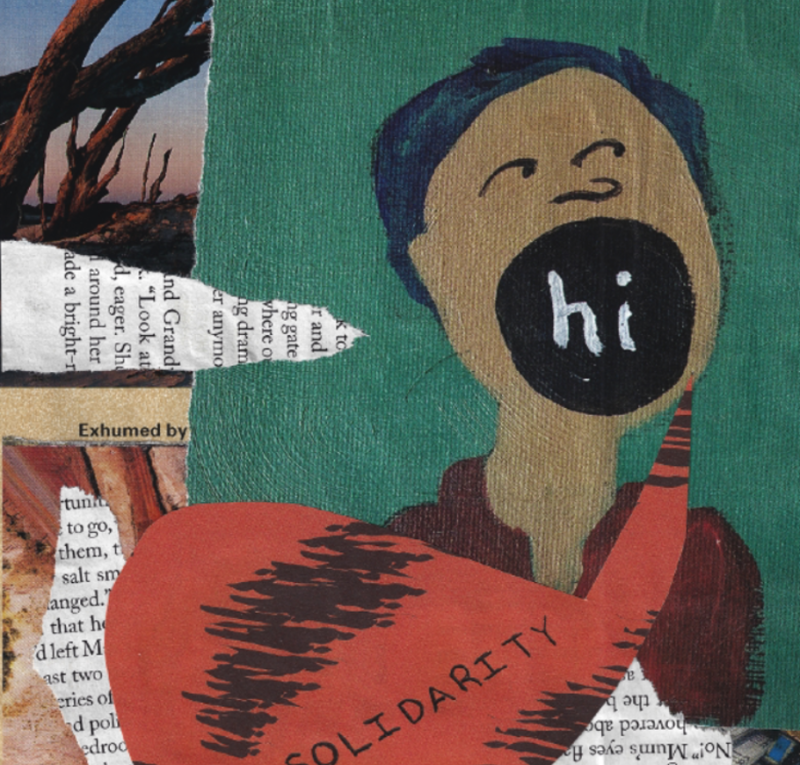Mutual Aid: The Future of Social Care and Change Work?
By: Dr. Kimberly Bender, Graduate School of Social Work

While professionalized social work typically provides care using a charity or service-based model, mutual aid offers interconnected, horizontal, social change-oriented, collective care within historically and currently marginalized communities.
Our year-long fellowship in DU’s Graduate School of Social Work engaged social work students, faculty, staff and community partners in exploring how social work and mutual aid models of care converge and diverge. Five MSW students completed their field placements in partnership with three local mutual aid groups - Mutual Aid Monday (a grassroots mutual aid community that acts in solidarity with Denver’s unhoused community), Angelica Village (a conscious community living space for those seeking refuge from war, and unsafe situations or exiting homelessness, and Lifespan Local (a community center working with local residents and partners to address collectively identified challenges to drive individual and community well-being across the lifespan). We met weekly in seminar and group supervision sessions to reflect on students’ experiences.
Using a grant from CCESL’s Community-Engaged Teaching funds, we studied our process and learnings using a collaborative autoethnographic case study approach. Our fellowship team used structured reflexive exercises and a community convening to transform learnings into an artifact – a reimagined Social Work Code of Ethics -- guided by the question how could mutual aid values and practices transform the future of professionalized social work and its guiding Code of Ethics towards realizing justice and care? The resulting reimagined Code of Ethics calls on ethical social change workers to: center systemic change, dismantle systems of oppression, include the (more-than-human) ecosystem, recognize positionality, challenge professionalization, engage in solidarity over service, center relationships, radically reimagine their role, and eventually degrow and abolish social work as it is currently known. A manuscript is being drafted to share this artifact with our broader social work community to engage in ongoing conversations about what the future(s) of social work may include and to begin a dialogue about the futures that warrant the most hope and energy. We also shared our learnings in a zine posted on a website to engage with nonacademic circles.
We’d love to hear from others doing similar work!